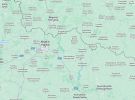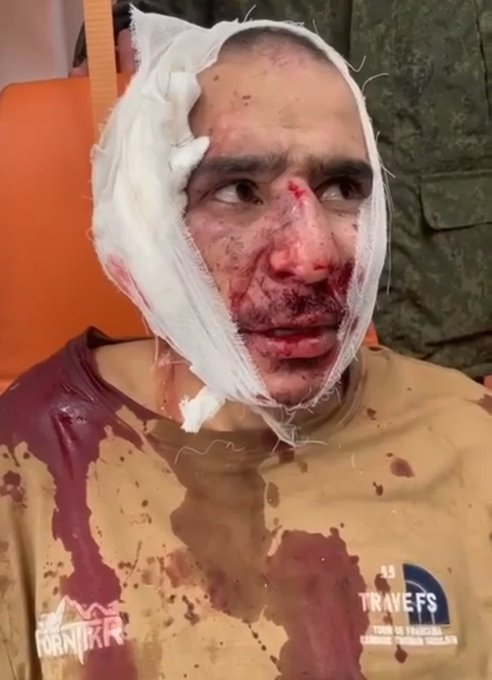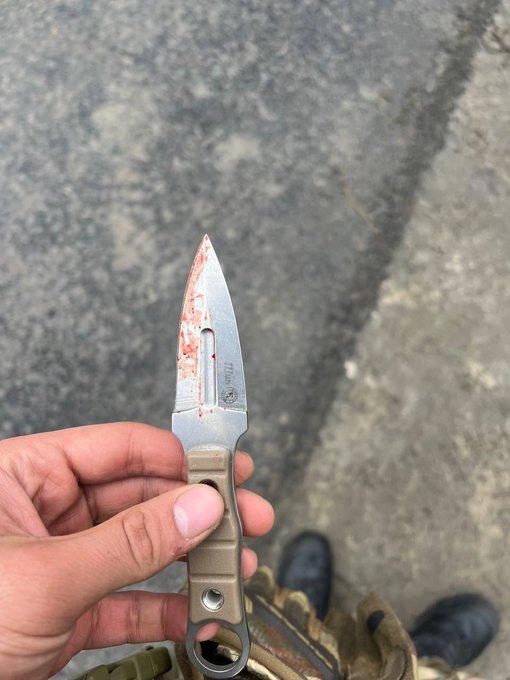What do the “Russian elites” expect from Putin’s new term? Increased repression (yes), continuation of the war (yes), mobilization (maybe) and an attack on Kharkov (?)
07:09, March 26, 2024
Source: Meduza
Katso liite: 95721
Mikhail Metzel / Sputnik / imago images / Scanpix / LETA
Russian “political elites” do not expect “unpredictable, global” and “drastic” changes in the country during Vladimir Putin’s new presidential term. This was stated to Meduza by two interlocutors close to the Kremlin, a source in the Russian government, as well as one of the senior members of United Russia.
They agree that repressions against undesirables will continue to get tougher, and Putin’s main personal interest will remain the war with Ukraine.
“[But] this is not new, but a deepening of what is. Putin’s new term in terms of events and turns does not start this year. It began in February 2022,” says one of the sources close to the presidential administration of the Russian Federation.
According to him, “scenarios for further tightening of the screws and escalation [with the West] are programmed by the beginning of the war”: “This is a warring state that lives under the slogan “Everything for victory.” Or rather, the president would like it to live like this. There is no place for dissidents, gays, and so on. Everything is subject to war."
In this sense, according to sources, the terrorist attack at Crocus City Hall should not seriously change the situation.
“At the beginning was shocked by the terrorist attack, then by the possible consequences - for example, a serious escalation up to the use of tactical nuclear weapons on the Ukrainian front. Now the top leadership does not voice clear decisions, but rather reassures [citizens]. The formula has already been worked out: if you don’t have to make sudden movements, don’t,” adds one of the sources close to the Kremlin.
“Some new contours” of the Russian political system can appear only after the end of the invasion of Ukraine - or after the conclusion of “at least some kind of truce,” another interlocutor close to the AP is sure. “While there is a war going on, there is no point in waiting for any changes,” he emphasizes.
All Meduza’s sources are confident that Putin intends to continue the war. However, their assessments of what goals he now sets in this regard differ. Thus, one of the interlocutors close to the Kremlin believes that after the failed counter-offensive of the Armed Forces of Ukraine, Putin “felt the weakness of Ukraine and is ready to go to victory - even to Kyiv - and will not stand at the price.” “If mobilization is necessary, he will announce it. If it is necessary to shift the economy even further onto a war footing, it will, the source is sure. “He followed the principle.”
Another interlocutor close to the AP, on the contrary, believes that the country’s top leadership is setting itself “more realistic goals,” namely, the capture of Kharkov and the gradual end of the “SVO” after that. Putin has already openly said that in order to stop regular shelling of the Belgorod region,
it is necessary to create a “sanitary zone” around it; this region of the Russian Federation borders precisely on the Kharkov region of Ukraine.
According to Meduza’s sources among the “Russian elite,” high-ranking security officials are convinced that the Russian army is capable of taking Kharkov, but further advance deeper into Ukraine is “difficult.” “Symbolically, this is also a victory. A city with a population of one million, where there is a large Russian-speaking population,” says one of the interlocutors.
At the same time, all sources note: they have no information that the decision on a large-scale attack on Kharkov has already been made. However, they agree that this is a “quite probable scenario”, which in theory could require a new wave of mobilization (the independent publication “Verstka”
reported possible plans for an attack on Kharkov on Friday, March 22). The terrorist attack, according to Meduza’s sources, will not influence the decision on mobilization in any way: “Almost everything has been ready for it for a long time, it’s just a matter of the situation at the front.”
The Kharkov region was partially occupied by Russian troops from the first days of the full-scale invasion. In the fall of 2022, Ukraine launched a counteroffensive and
liberated most of the cities and villages in the region. The Russian army was never able to capture Kharkov, but continues to regularly
shell the city.
Sources close to the Presidential Administration are confident that against this background, there will be a “complete curtailment of political competition” within Russia, including at the regional level. Regarding the federal elections, forecasts are even more pessimistic. According to one of the interlocutors close to the Kremlin, United Russia will win more and more confidently, “gaining” up to 80% of the votes. The rest - approximately equally - will be divided by the Communist Party of the Russian Federation, the Liberal Democratic Party and the New People. “The presidential elections were held with Donbass percentages . Probably, the turn of parliamentarians will come - this is the trend,” he suggests.
Another source, a political consultant who works with both the Presidential Administration and regional administrations, is confident that in Russia “the contours of a one-party system are already emerging”: “The differences in the agendas of the parties are not so great, and most importantly, they are all for the president.”
“They will remain in their formal form... With the possible exception of A Just Russia. But these will be departments of the government or the Administration: the Communist Party of the Russian Federation is responsible for pensioners, “New People” is responsible for
small and medium-sized businesses , and so on,” he explains.
At the same time, this interlocutor notes that the official 87% that Putin “gained” in the presidential “elections” was obtained through the mobilization of public sector employees and employees of large companies close to the state, multi-day and electronic voting, as well as direct falsification. In his assessment, all this leads to the fact that the Russian political system may completely “lose its adequacy”:
You now have a set of tools that allows you to do everything. It’s already clear that [officials and United Russia members] don’t give a damn about anything - just to please the boss. This affects one’s sense of self, and a feeling of permissiveness appears.
But this also means something else: any kind of protest statement within the framework of the system is impossible, it is, in fact, already non-systemic. Such stories sometimes end badly, and sometimes not. But no one thinks about risks now: they rejoice in victory.
-
Andrey Pertsev









